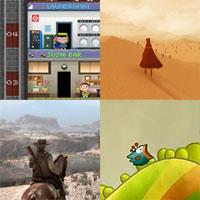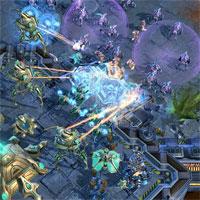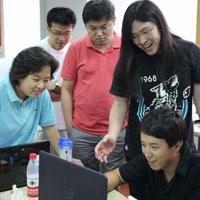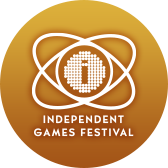
GDC Online Reveals Settlers Online, Mind Candy, Venture Capital Talks
GDC Online has unveiled notable new sessions for the upcoming October show, now featuring The Settlers Online, Mind Candy on the importance of daily content updates, and how to best raise venture capital.
Taking place Monday, October 10 through Thursday, October 13, 2011 at the Austin Convention Center in Austin, Texas, GDC Online continues as the leading worldwide event dedicated solely to discussing the development and business trends surrounding connected games -- including casual titles, MMOs, virtual worlds, and social networking games.
This year's Main Conference will include tracks on Business & Marketing, Customer Experience, Design, Production, and Programming, as well as a sponsored track on Monetization.
As seen in the event's Schedule Builder, the following lectures are highlights from this year's Main Conference:
- In the show's Production track, Ubisoft Blue Byte's head of production, Christopher Schmitz, and head of live operation, Benedikt Grindel, will look back at the development of The Settlers Online in a session titled, "Settlers Online: Moving a Traditional European Boxed Game to a Worldwide Free to Play MMO Experience." Here, the pair will examine the challenges and lessons learned from taking producing and managing this popular European online game.
- Over in the Customer Experience track, community editor Megan Bell of Mind Candy will outline the benefits of delivering daily content updates to users in "Do the Math: True Value of Fresh Daily Content." Drawing examples from Mind Candy's own hit title Moshi Monsters, Bell will offer data that shows how regular updates benefit an online game.
- Elsewhere, in the Business and Marketing track, a panel of company executives will host a panel dubbed, "Raising Capital for Your New Venture," offering tips and insight on how to attract investments for a new company or project. Speakers at the panel include Fred Schmidt (Portalarium), Chris Chung (Motiga), Tim Chang (Norwest Venture Partners) and Cindy Armstrong (Electric Bat Interactive), all of whom will offer their own thoughts on what it takes to start your own venture.


















